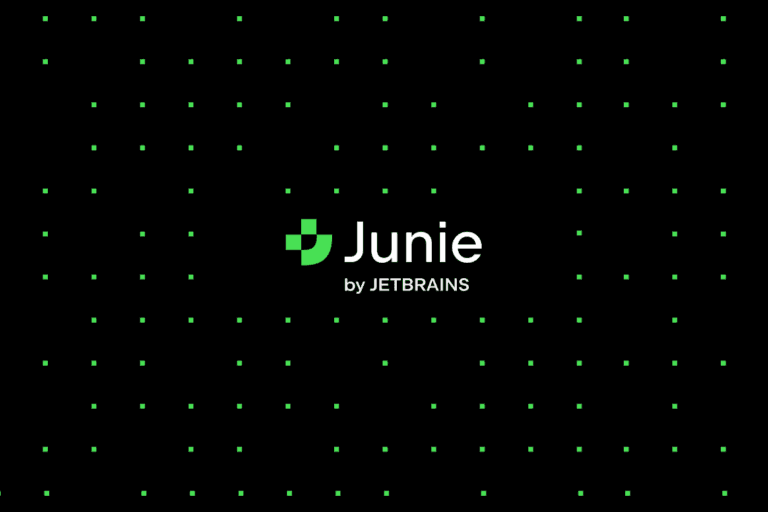JetBrains is collaborating with Google and Zed Industries on the Agent Client Protocol (ACP), an open standard that defines how AI assistants communicate with code editors and IDEs. This move could break Microsoft’s Visual Studio Code’s dominance and usher in a new era of interoperable AI in development environments.
ACP is intended to prevent developers from having to build separate plug-ins for each editor or work via a terminal. Google encountered this problem with the Gemini CLI and decided to work with Zed on a universal solution. That collaboration evolved into the ACP protocol, designed to work with any editor that supports it, according to The Register.
Zed, built in Rust, has a small market share but a lot of influence on open standard development. JetBrains, the creator of IntelliJ IDEA and PyCharm, is now joining as a co-developer and wants to integrate ACP into its IDEs. The company emphasizes that the protocol prevents vendor lock-in, allowing developers to use their preferred AI assistant within the environment of their choice.
An important principle is control. The JetBrains IDEs will determine which actions an AI agent is allowed to perform and display planned changes as diffs that the user must first approve. This allows developers to remain in control of their workflow, while AI assistants work directly within the IDE, rather than through separate interfaces.
ACP can break monopolies
The timing is strategic. Microsoft’s VS Code has more than 75 percent market share and an ecosystem of over 80,000 extensions, compared to 10,000 at JetBrains and less than 7,000 in the open VSX Registry. An open standard such as ACP can break that monopoly by making AI integrations editor-independent.
Whether Microsoft itself will embrace ACP is uncertain. There is an ongoing discussion within GitHub about integration into VS Code, but engineer Rob Lourens has stated that he has no immediate plans for implementation. However, ACP could eventually connect Visual Studio to the same AI agents, despite the different extension model.
JetBrains and Zed are currently working on the first implementations and developer previews. Early support for Emacs, Neovim, and Eclipse already exists. Through their collaboration, the companies aim to establish the foundation for AI assistants that are transparent, secure, and deployable anywhere—an open alternative to the closed ecosystems that currently dominate the development market.
